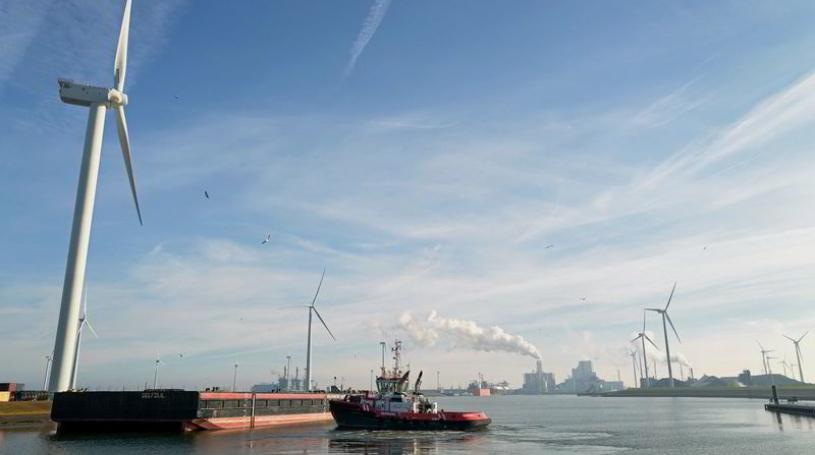Dutch climate subsidy scheme will allocate at least €750m to green hydrogen and other renewable fuels
The Netherlands’ €8bn SDE++ subsidy scheme is set to ringfence a minimum of €750m ($824m) to be allocated to the production of “molecules” such as green hydrogen, advanced renewable fuels and biomethane, following state-aid approval by the European Commission.
This is separate to the €1bn tender for large-scale green hydrogen projects and the €300m H2 import auction planned for next year.
SDE++ awards an operating subsidy for 12-15 years to reimburse “the unprofitable component” of a project, based on the difference between a fixed base rate of costs and the variable market value of the product generated by a given technology. This means that if the value of the product — such as renewable H2 — rises, the subsidy paid out to the producer falls.
The subsidy also accounts for any additional revenue or avoided purchase of CO2 emissions allowances under the European Emissions Trading System.
SDE++ — short for Stimulering Duurzame Energieproductie (Stimulation of sustainable energy production) — will also allocate at least €750m each to low-temperature heating (such as via geothermal energy, heat pumps and solar thermal) and high-temperature heat (such as heat pumps or electric boilers for industrial processes).
While a brochure listing out which technologies it will support has not been published for the 2023 round, which is due to open in September, the previous 2022 round supported electrolysis powered by both a direct connection to renewables and the grid.

